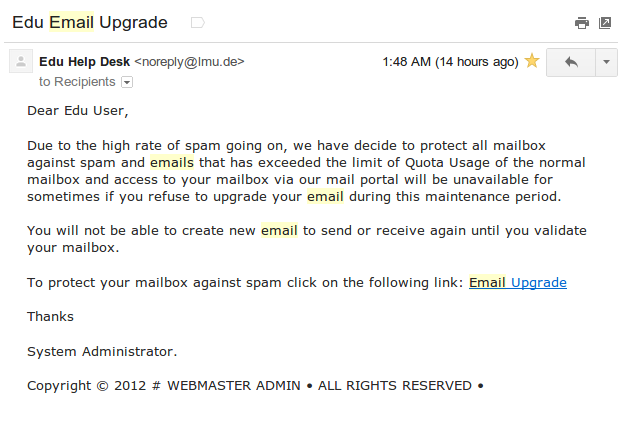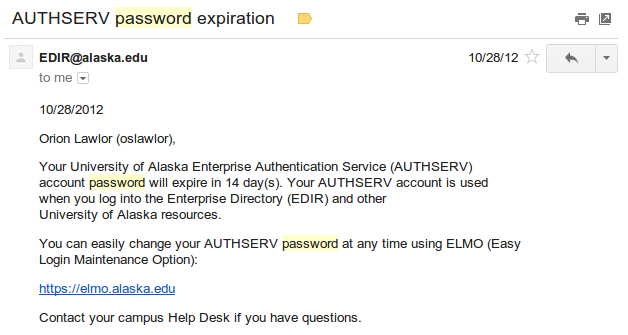

| Activity |
Authorized Uses |
Unauthorized Uses |
| Read |
Direct deposit paychecks. Audit informant list. |
Steal bank account numbers. Sell informant list. |
| Write (modify) |
Hire new employees. Fire employees. |
Pay fake employees. Burn current employees. |